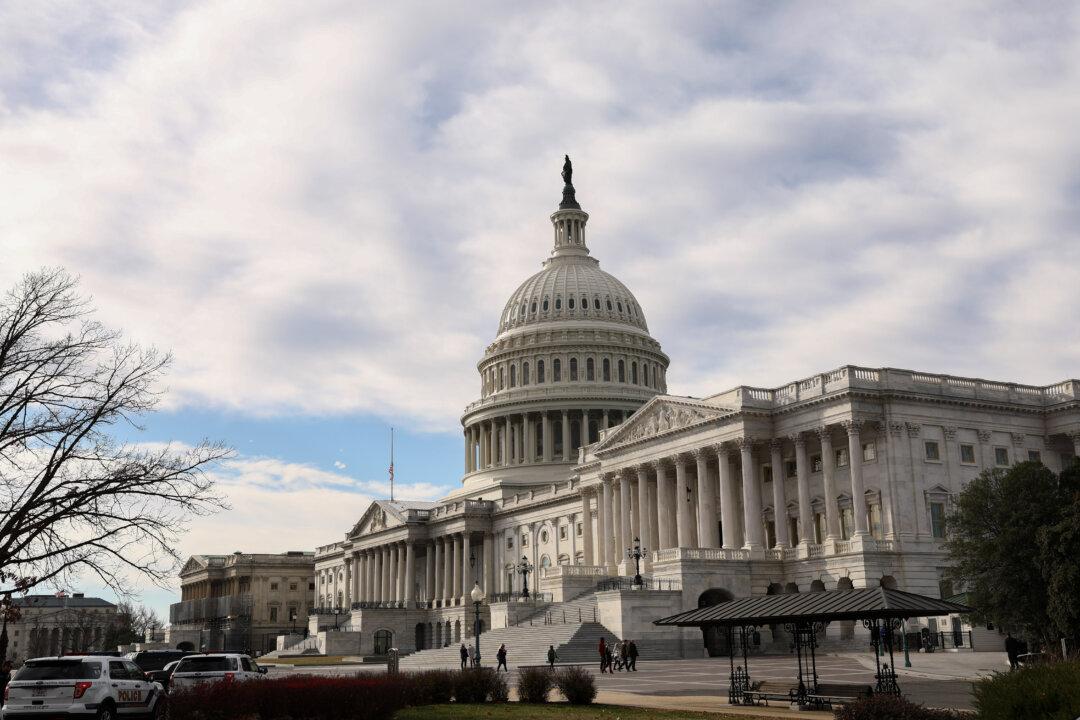WASHINGTON—Efforts to track the spread of coronavirus in the United States are hampered because Centers for Disease Control and Prevention (CDC) officials can’t use the most advanced form of location contact tracing, Sen. Bill Cassidy (R-La.) said March 12.
Meanwhile, Cassidy and other senators are changing how they work in response to the virus.





